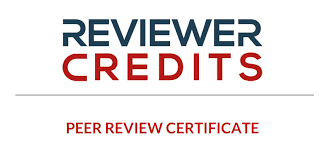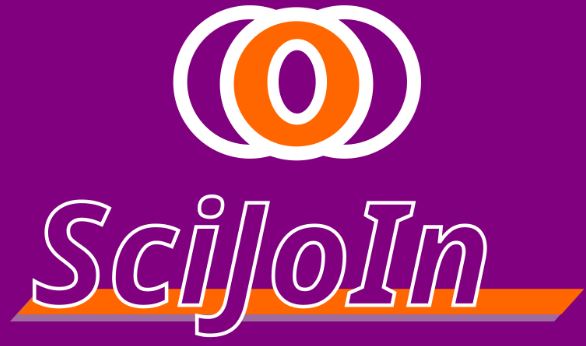Call Papers
Fees Waived for Manuscripts Submitted by dezember 31, 2025 !
Pharmascope advices the authors not to pay any agents who assure you for quick acceptance and publishing. Pharmascope is not responsible for any cash transaction between the agents and authors. We have not authorized any person to act as agent. All correspondance should be made only to our official email ID: xxxxxxx@gmail.com
All submitted papers are subjected to plagiarism check and peer-review, these processes may take about 1-3 months. The Open Knowledge Journal will not charge any amount for quick or unethical publications. Otherthan article processing, publishing of article is free and open access. Ethical standards for publication exist to ensure high-quality scientific publications, public trust in scientific findings, and that people receive credit for their ideas.
It is important to avoid:
Data fabrication and falsification
Data fabrication means the researcher did not actually do the study, but made up data. Data falsification means the researcher did the experiment, but then changed some of the data. Both of these practices make people distrust scientists. If the public is mistrustful of science then it will be less willing to provide funding support.
Plagiarism
Taking the ideas and work of others without giving them credit is unfair and dishonest. Copying even one sentence from someone else's manuscript, or even one of your own that has previously been published, without proper citation is considered plagiarism-use your own words instead.
Multiple submissions
It is unethical to submit the same manuscript to more than one journal at the same time. Doing this wastes the time of editors and peer reviewers, and can damage the reputation of journals if published in more than one.
Redundant publications
This means publishing many very similar manuscripts based on the same experiment. It can make readers less likely to pay attention to your manuscripts.
Improper author contribution or attribution:
All listed authors must have made a significant scientific contribution to the research in the manuscript and approved all its claims. Don't forget to list everyone who made a significant scientific contribution, including students and laboratory technicians.
COPE
Our journal will follow the guidelines of COPE (Committee on Publication Ethics), which is a charity registered in the UK. It is concerned with the integrity of peer-reviewed publications in science.
Plagiarism detection
Pharmascope is a member of the CrossCheck plagiarism detection initiative. In cases of suspected plagiarism, CrossCheck is available to the editors of our journals to detect instances of overlapping and similar text in submitted manuscripts.
| POINTS OF INTEREST |
|---|
| Register |
| About Journal |
| Crossref DOI |
| Editorial Team |
| Publishing Process |
| Model Manuscript |


Fees Waived for Manuscripts Submitted by dezember 31, 2025 !
Engineering & Technology Scientific Journal is an annual continuous-flow journal publishing original and unpublished works related to Engineering, Technology, Exact and Earth Sciences.
All articles published in our journal have open access and are available free of charge online, immediately after publication.
There are no subscription, submission or article processing fees.

Engineering & Technology Scientific Journal is licensed under a Creative Commons Attribution-NonCommercial 4.0 International License.
Disclaimer: Articles published by Engineering & Technology Scientific Journal have been pre-viewed and authenticated by the Authors before publication. The Journal, Editor and the editorial board are not entitled or liable to either justify or responsible for inaccurate and misleading data if any. It is the sole responsibility of the Author concerned. Read our Plagiarism Policy and use of this site signifies your agreement to the Terms of Use.
Department of Engineering - Faculty of Engineering and Sciences (UNESP - Campus de Rosana).
Avenida Dos Barrageiros, 1881 - Primavera, Rosana - SP, 19274-000.
